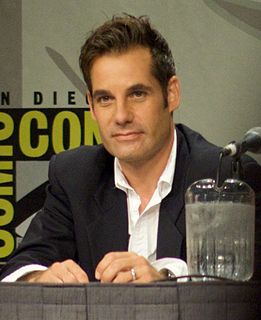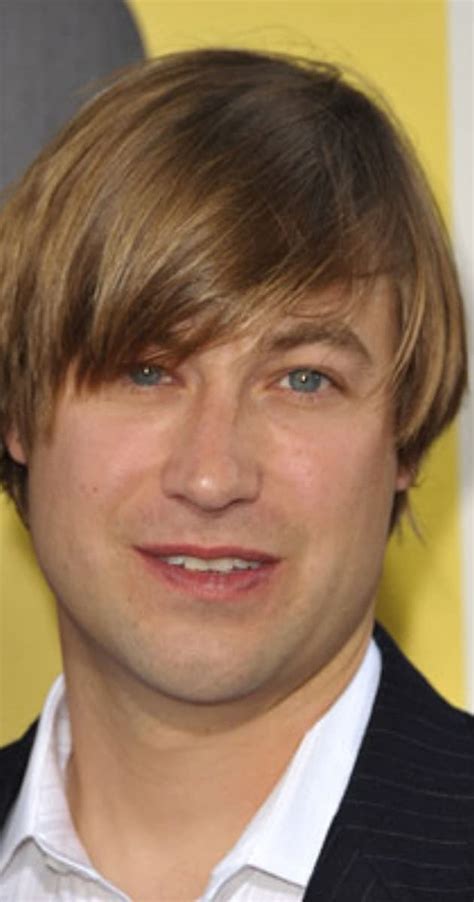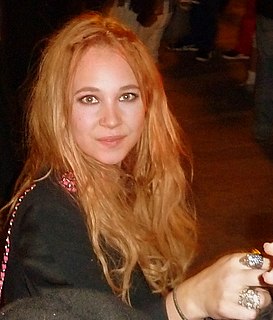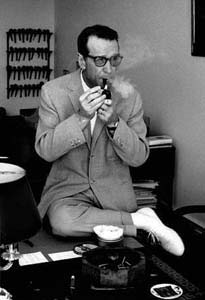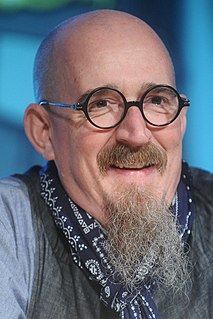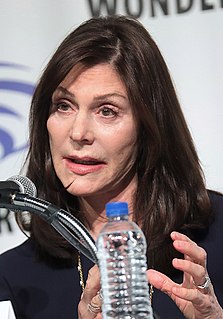A Quote by Adrian Pasdar
I really enjoy those characters like 'Profit.' With those elements that are shady and dark, you're not responsible for being a likable character. Like some of Jack Nicholson's characters, you remember them for so long.
Related Quotes
As we grow older, we should learn that these are two quite different things. Character is something you forge for yourself; temperament is something you are born with and can only slightly modify. Some people have easy temperaments and weak characters; others have difficult temperaments and strong characters. We are all prone to confuse the two in assessing people we associate with. Those with easy temperaments and weak characters are more likable than admirable; those with difficult temperaments and strong characters are more admirable than likable.
I have always liked kind of outsider characters. In the movies I grew up liking, you had more complicated characters. I don't mean that in a way that makes us better or anything. I just seem to like characters who don't really fit into. You always hear that from the studio: "You have to be able to root for them, they have to be likeable, and the audience has to be able to see themselves in the characters." I feel that's not necessarily true. As long as the character has some type of goal or outlook on the world, or perspective, you can follow that story.
For the most part, my characters don't talk to me. I like to lord over them like some kind of benevolent deity. And, for the most part, my characters go along with it. I write intense character sketches and long, play-like conversations between me and them, but they stay out of the book writing itself.
I would like to carve my novel in a piece of wood. My characters—I would like to have them heavier, more three-dimensional ... My characters have a profession, have characteristics; you know their age, their family situation, and everything. But I try to make each one of those characters heavy, like a statue, and to be the brother of everybody in the world.
Any script, even like The Founder, if it's something that I imagine myself playing this character or that character - any of the characters, basically - how do we flesh these characters out to be good enough to have amazing actors that come in that make it really difficult for them to say no? Even though I'm not right for any of those parts, that's just kind of how we go about it.
Make sure your characters are worth spending ten hours with. That’s how long it takes to read a book. Reading a book is like being trapped in a room for ten hours with those characters. Think of your main characters as dinner guests. Would your friends want to spend ten hours with the characters you’ve created? Your characters can be loveable, or they can be evil, but they’d better be compelling. If not, your reader will be bored and leave.
Characters work really well when they're reflective of the times that they're operating in. To keep these characters static - like Superman was invented in the '30s, Wonder Woman in the '40s - if they were still operating under those kinds of constraints, they'd die. These pop cultures, just like Greek myths, they have to reflect the time their stories are being told. That's what makes them relevant.
In terms of characters I wish I had created - just because I haven't dealt with anything like them - I'm really impressed by characters who can endure over time, whether that be a long series run like a Harry Bosch, or a character who endures over generations and continues to please readers: Sherlock Holmes.
